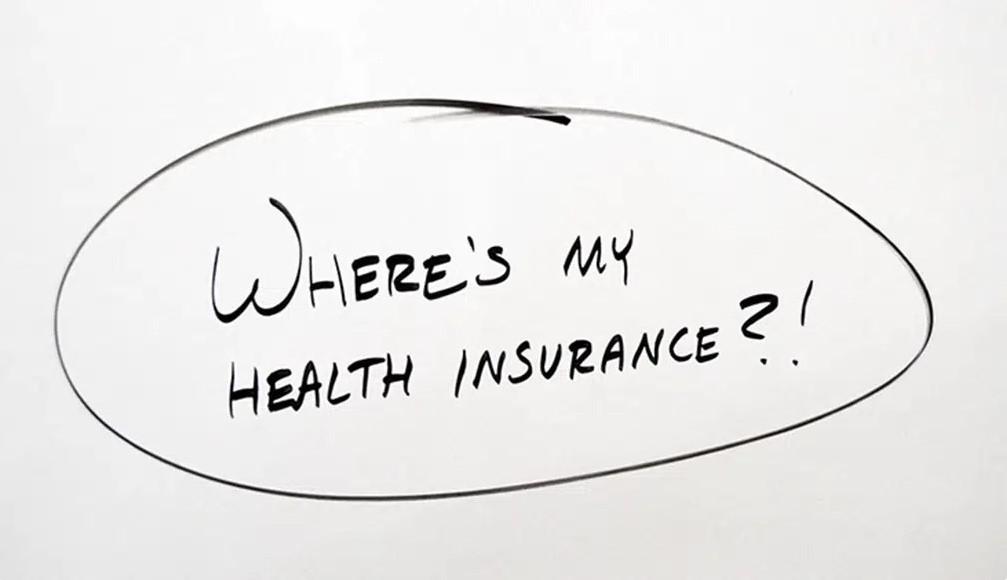HIPAA Violations and Penalties
In recent years, it has come to light that more employees of medical organizations are stealing private health information because its value in the black market is worth ten times more than your credit card details.

There are a number of potential penalties for violating HIPAA policies, ranging from financial penalties to criminal charges. The severity of the penalty depends on the nature of the violation. Violations of the HIPAA Privacy Rule, which governs the use and disclosure of protected health information, can result in civil or criminal penalties.
Civil penalties for HIPAA Privacy Rule violations can range from $100 to $50,000 per violation, with a maximum penalty of $1.5 million per year for repeated violations.
Criminal penalties for HIPAA Privacy Rule violations can range from fines of up to $50,000 to imprisonment of up to 10 years, or both. Violations of the HIPAA Security Rule, which governs the security of electronic protected health information, can also result in civil or criminal penalties. Civil penalties for HIPAA Security Rule violations can range from $100 to $50,000 per violation, with a maximum penalty of $1.5 million per year for repeated
violations. Criminal penalties for HIPAA Security Rule violations can range from fines of up to $250,000 to imprisonment of up to 10 years, or both.
In addition to financial and criminal penalties, individuals who violate HIPAA policies may also be subject to disciplinary action by their employers or professional licensing boards. Hence, it is essential to ensure HIPAA compliance.
What are the Most Common HIPAA Violations?
While private health information violation can occur in a variety of circumstances and several ways, the most common ones, as evident from recent statistics, include the following.
1. Lack of Training
Statistics have shown that despite HIPAA compliance, more than one-fourth of the employees in an organization does not have the required HIPAA compliance training. This leads to higher error margins, unintentional violation of patient confidentiality, and malpractices.
2. Use of Paper
Many HIPAA violations occur as a result of losing paper documents. Storing protected medical information on paper increases the chances of being misplaced, mishandled, or lost. This is why more organizations are switching to digital or cloud storage with powerful anti-viruses and firewalls.
3. Digital Carelessness
Cloud storage and digital devices are usually more secure but are still prone to security breaches. Usually, this is due to human error. Also, using insecure, unregistered, or unreliable technology to store or share health information increases the chances of a security breach.
4. Sharing Information on Social Media
Sharing the patient’s details on social media, employees making Tiktok videos with patients in the room, and uploading pictures of their medication on Facebook are all considered violations.
